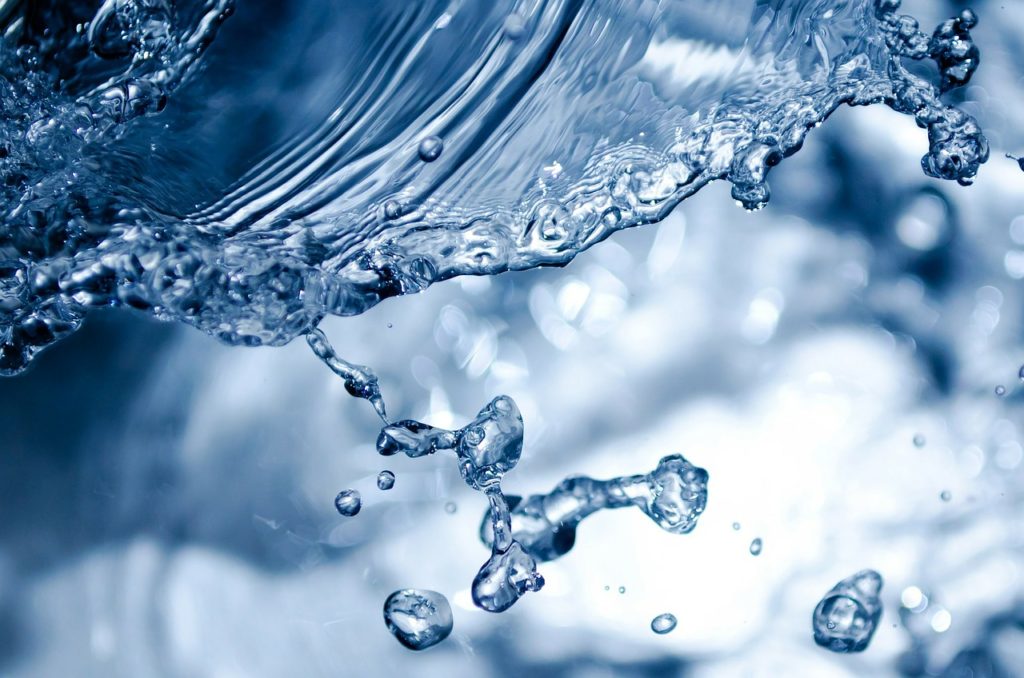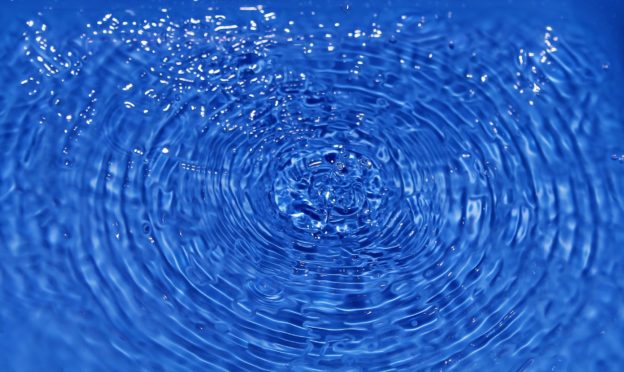The Benefits and Dangers of Drinking Distilled Water Daily
Distilled water has been a controversy in the natural health movement for years. Health guru’s claim that this drinking water is the purest water in the world and the only water that should be consumed.
The thought is that inorganic minerals found in natural waters such as spring or well waters cannot be used by the human body. The guru’s claim that these minerals cause all sorts of disease in the body and that the accumulation of these minerals leads to calcification.
However, those who follow a more “natural” approach to health claim that distilled water is unnatural and does not exist in nature. It’s often referred to as “dead water” by those who are proponents of natural spring water because of its lack of elements that are so often found in spring water.
Unfortunately, many are confused on what water to drink and who to believe. In this post we hope to clear up some of this confusion and give an unbiased review of the pros and cons of drinking distilled water.
Distilled Water Helps Kidney Dialysis Patients
In healthy individuals with properly functioning kidneys, removing toxins, solutes and excess water from the blood is a daily and ordinary process that is performed by the kidneys. However, those suffering with Dialysis have lost this ability due to improperly functioning kidneys.
In fact, even those who aren’t on dialysis are at risk for accumulating toxins in the blood if their kidneys are weak.
Fortunately, this is where distilled water can truly work its magic in terms of healing. Since distilled water contains 2 hydrogen atoms and 1 oxygen atom, it holds a slightly negative charged. This is important because distilled water will naturally attract positively charged waste products and flush them out of the body.
It also helps break up calcium oxalates in the body which is a major cause of kidney stones and calcification (1).
Also, since distilled water contains zero minerals and is considered the “softest” water in the world, it gives weakened kidneys a break from filtering any impurities that may be found in spring water.
Dangers of Using Distilled Water Long Term
Since Distilled water contains no minerals and is virtually “empty” water, it wants to naturally bind itself to minerals in order structure itself.
When distilled water is drank for long periods of time it has a tendency to pull minerals found within the body and slowly demineralizes the body.
Many distilled water experts claim that this is a “myth” and that distilled water only pulls inorganic minerals (minerals your body can’t use) from the body. However, experience, as well as research paints a different picture.

The World Health Organization (WHO) has claimed that drinking water low in minerals, such as distilled, has detrimental effects towards the human body. They concluded that drinking such water can affect the intestinal mucus membrane, cause magnesium and calcium deficiency due to lack of minerals in body, reduce minerals in food when used in cooking and possible increase dietary intake of heavy metals (2).
Admittedly, this study put out by the WHO is weak at best. Interestingly, it’s the only study that has examined the effects of low mineral water on the human body. It should also be noted this study was focused on low mineral water and not necessarily distilled which contains zero minerals.
Unfortunately, there is not a study in existence available to the public that shows the benefits or dangers of drinking distilled water.
Research Regarding High Mineral Water
Unlike distilled water, there seems to be quite a bit of research pertaining to the benefits of consumption of hard water (high minerals).
One study found that the minerals found in hard water, especially magnesium, could be useful for the prevention of cardiovascular disease (3).

Further research also reveals that consumption of water containing high amounts of the mineral magnesium seems to reduce cardio vascular disease by about 30-45% (4).
Again, these studies are weak at best and they don’t paint the true picture of what the ideal water is for human consumption.
Unfortunately, there is just not much research available on the ideal drinking water for the human body. Much of the information pertaining to the ideal drinking water is based on speculation and experimentation.
So, should you consume Distilled Water?
The verdict is still out on this one. However, there are far too many testimonials and claims to ignore the benefits distilled water may have on the body.
We personally like to use spring water that we harvest from the wild. We have come to the conclusion that this is what are ancestors consumed and if it was good enough for them, then it is good enough for us.
That being said, we still love to use our Megahome Distiller for cooking and cleaning and is great to have in case the water situation ever becomes problematic.
In fact, distilled water is the only way to remove fluoride from drinking water. Reverse osmosis machines can’t remove it and they are extremely expensive.
For those drinking tap water, switching to distilled water is a definitely an upgrade. However, we suggest you add a pinch of quality sea salt to the water before drinking in order to remineralize the water. This will reduce the aggressive “pulling” nature distilled water may have in the body towards other minerals.
Conclusion
Although no real hard scientific evidence exists on the dangers of consuming distilled water we personally feel spring water is the most beneficial for human health.
Long term use of distilled water may become problematic if not remineralized with a quality sea salt or trace mineral supplement. However, thousands claim this water has saved their lives from various disease and the testimonies are too big to ignore.
Unfortunately, until further research comes forth on distilled water, we are forced to use our senses and come to our own conclusions on what water is best for human consumption.


Leave a Reply